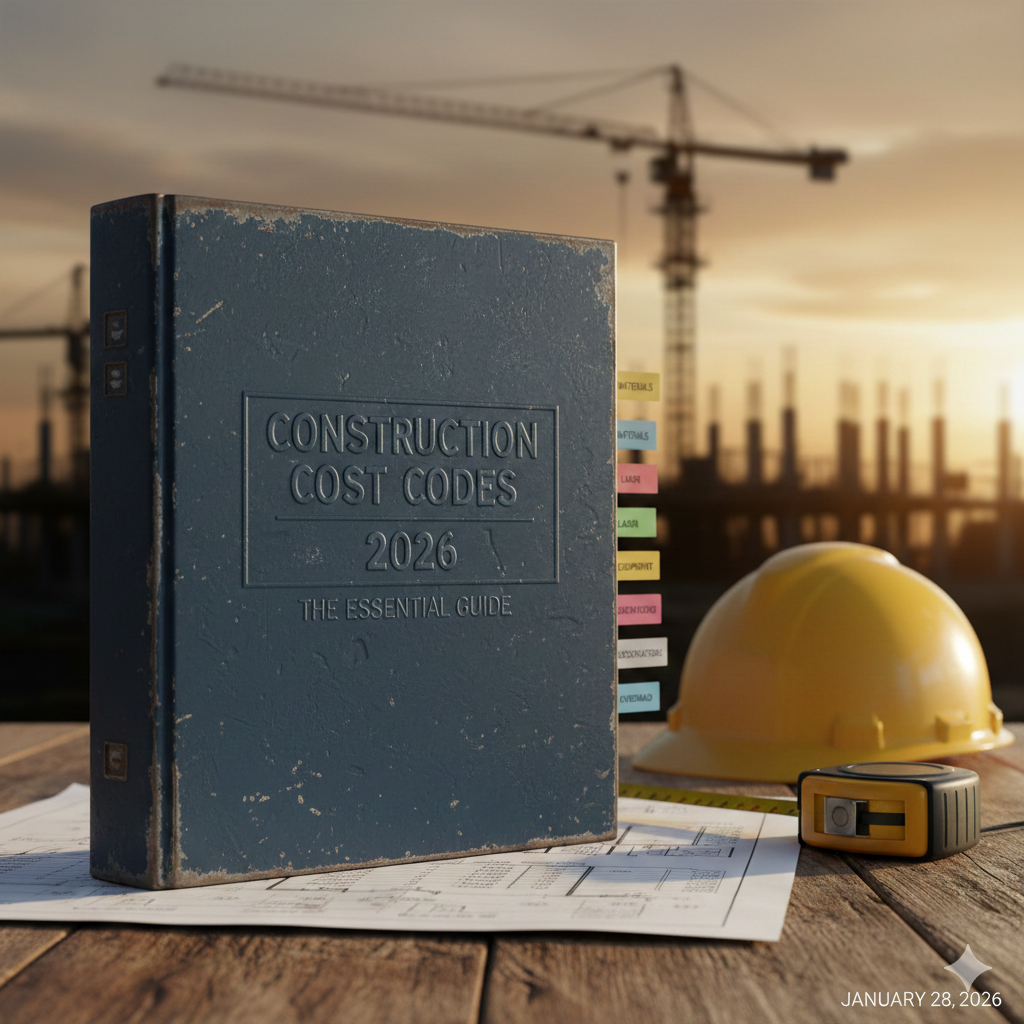Accurate cost estimation is more than just a preparatory step in the lifecycle of a construction project; it is a fundamental aspect of project management that underpins every stage, from conception through to completion. This blog post explores why precise cost estimations are crucial for project success, impacting everything from securing funding to successful project delivery.
Understanding Cost Estimation
Cost estimation involves predicting the costs of the resources needed to complete a construction project within its defined scope. These resources include, but are not limited to, materials, labor, equipment, and any subcontractor services. The process utilizes various estimation techniques that range from conceptual estimates made during the early phase of a project to detailed estimates prior to the final bid. There are three primary types of cost estimates:
- Preliminary Estimate: Used during the project's conceptual phase to assess project viability and feasibility.
- Detailed Estimate: More precise, used for creating the budget and securing project financing once the project scope is better defined.
- Definitive Estimate: Used for making financial commitments and controlling costs during project execution.
Benefits of Accurate Cost Estimates
Accurate cost estimations are vital for several reasons:
- Securing Financing: Detailed and reliable financial projections can help in securing funding from investors or financial institutions by demonstrating the project’s profitability and viability.
- Budgeting and Timelines: Accurate estimations ensure that budgets are realistic and adhere to financial constraints, reducing the risk of cost overruns and helping manage client expectations.
- Project Management Efficiency: Good estimates allow for better scheduling, resource allocation, and can mitigate risks associated with cost and time overruns.
Challenges in Cost Estimation
Despite its importance, cost estimation is fraught with challenges that can lead to inaccuracies:
- Market Volatility: Changes in the cost of materials and labor can significantly impact final costs.
- Project Specifics: Unique project requirements or unexpected issues during execution can deviate from the estimated costs.
- Regulatory Changes: Updates in building codes or environmental regulations can add unforeseen costs to a project.
Best Practices in Cost Estimation
To improve the accuracy of cost estimations, consider the following best practices:
- Leverage Technology: Utilize modern tools like Building Information Modeling (BIM) and software designed for cost estimation to enhance precision and efficiency.
- Use Historical Data: Analyze data from past projects to understand cost trends and apply these insights to future estimates.
- Continuous Revision: Update estimates as the project progresses to reflect changes in scope, materials, labor, and other factors.
Conclusion
The accuracy of cost estimations can make or break a construction project. By investing in skilled estimators, leveraging advanced tools, and following best practices, construction professionals can enhance the reliability of their cost forecasts, ensuring projects meet their timelines, budget, and quality standards.











